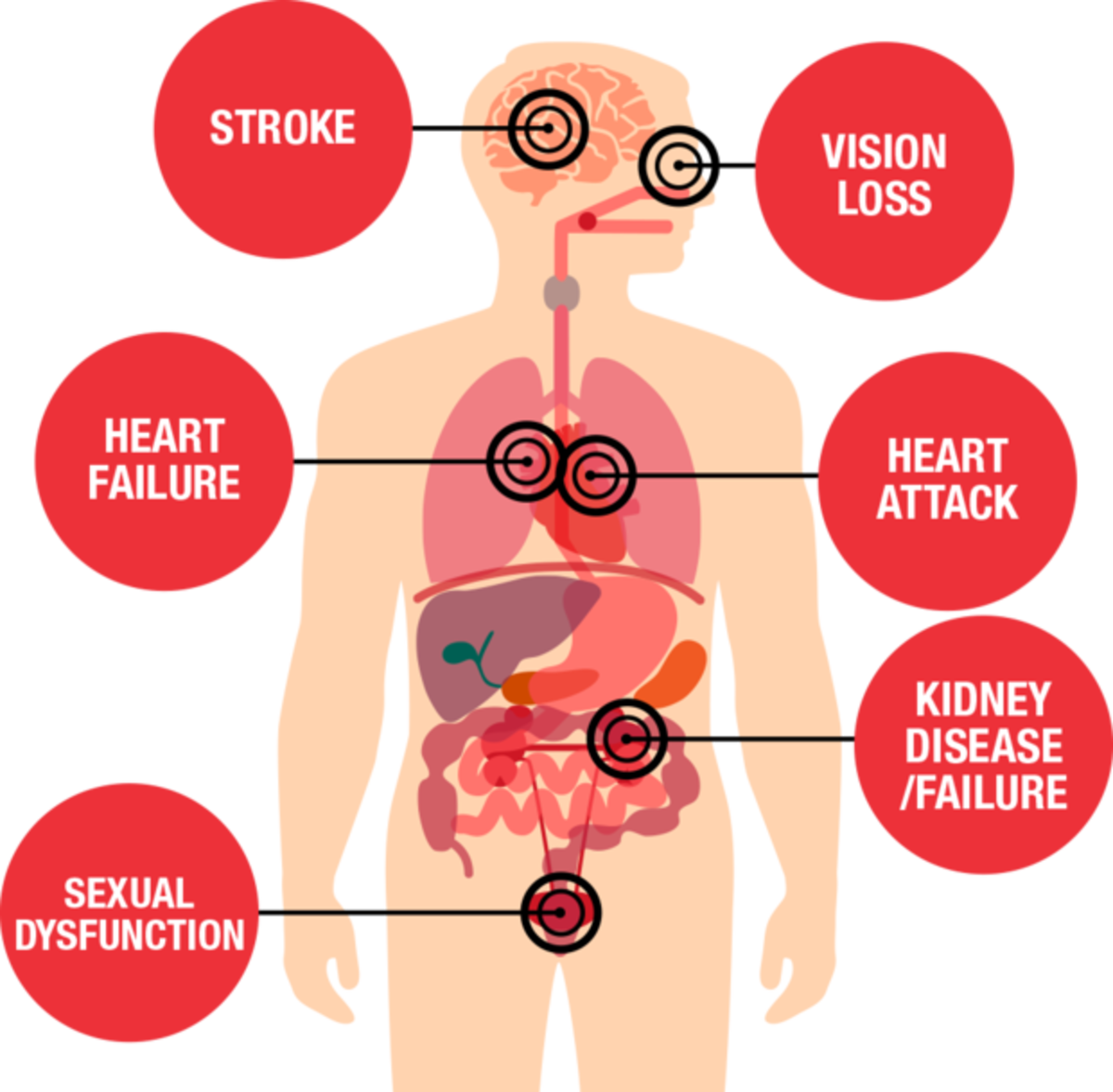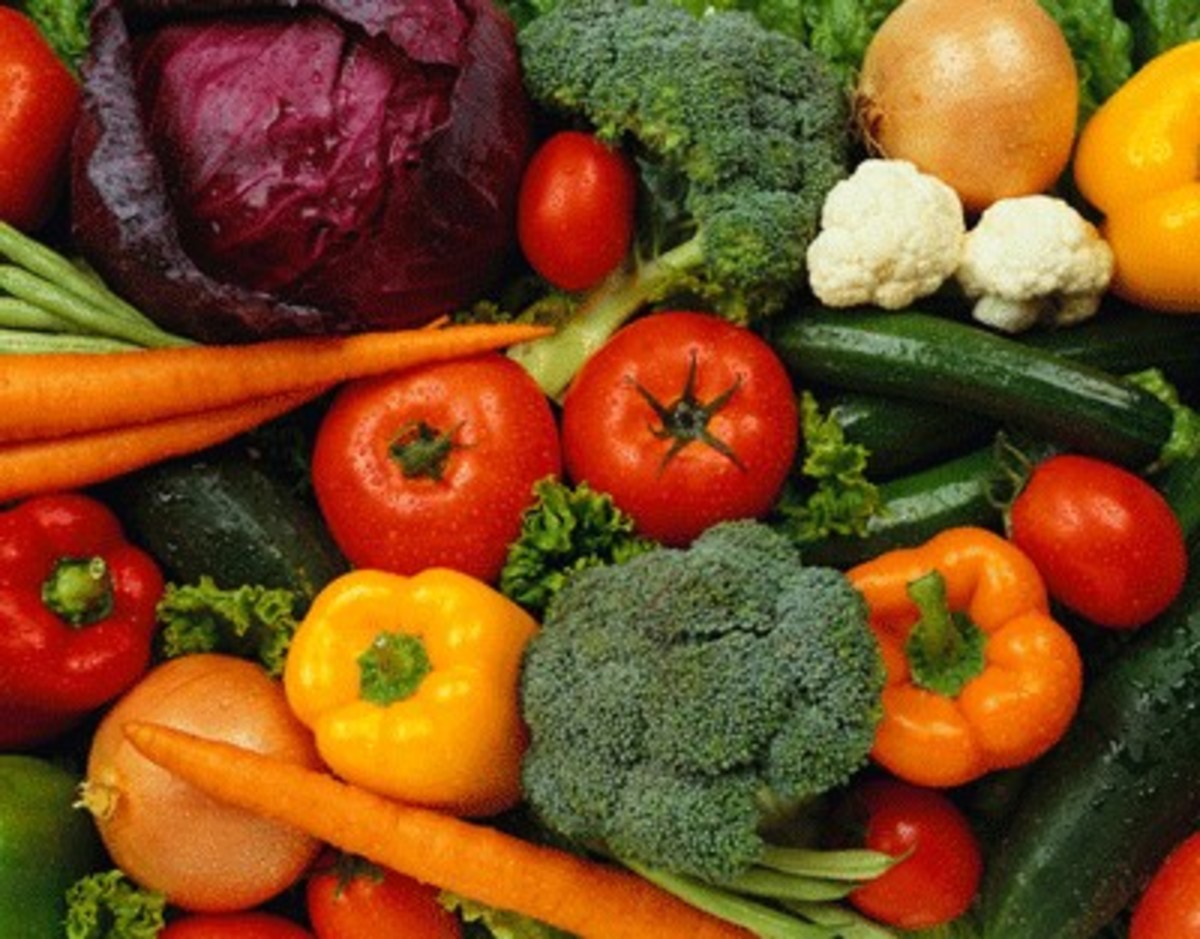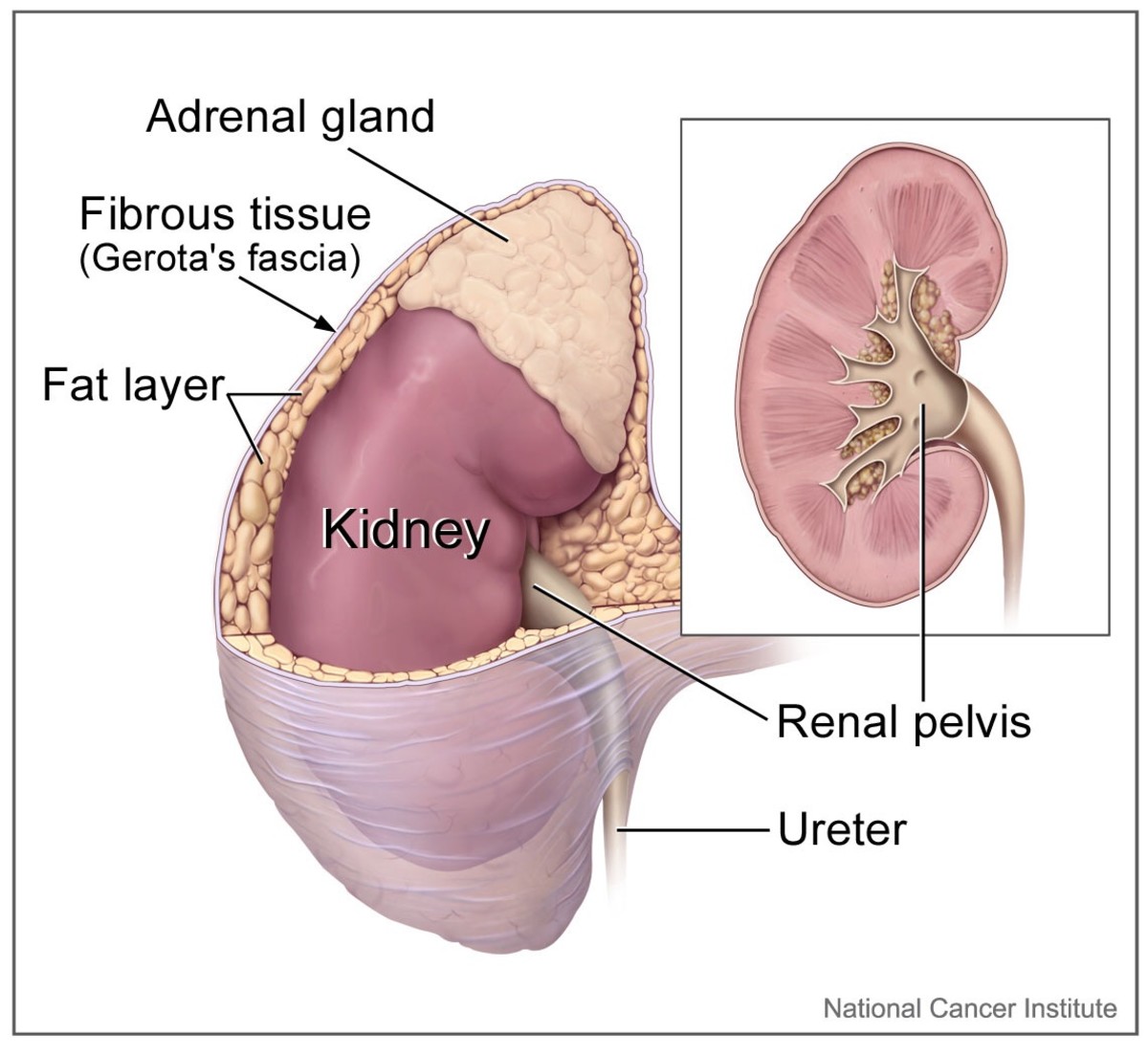The Truth About Salt And Hypertension
The Truth About Salt and Hypertension
Salt or sodium chloride plays a vital role in maintaining the body’s blood volume and in controlling the movement of fluids in and out of the cells. Sodium is the main component of the body’s extracellular fluids and it helps carry nutrients to the cells. Sodium assists in regulating other body functions such as blood pressure and fluid volume. It also works on the lining of blood vessels to keep the pressure balance normal.
Sodium is vital for transmitting nerve impulses and metabolizing proteins and carbohydrates to produce energy. The chloride part of the salt molecule helps in maintaining the normal acid balance of the body and also necessary for some enzymes in order to do their work.
Doctors have been suspicious of the effects of too much salt for a long time. In 2500 BC, physicians in China warned their patients that using too much salt would cause the pulse to “harden.” Dr. Jeffrey Cutler, director of the Clinical Applications and Prevention Program of the National Heart, Lung and Blood Institute , points out that the higher the salt intake, the higher the prevalence of hypertension.
A study in 1995 reveals that the chimpanzees will develop high blood pressure when their diet is too high in salt. In a 1993 study, baby rats were fed diets naturally high in salt. Within two-weeks of taking the high salt-diet, they had demonstrated higher blood pressure. Some people respond to excess salt by developing hypertension. For people with any degree of hypertension, be it mild or severe- salt intake must be reduced.
Cutting back on salt for those suffering from severe hypertension will not cure high blood pressure or be an adequate total treatment. But for most people with mild hypertension or for those who simply want to avoid any blood pressure problems, a reduction in their salt intake will result in lower blood pressure readings. Even those who need medication to treat high blood pressure will respond better to drugs when they follow low-salt diet.
How Much Is Enough But Not Too Much
The National Research Council maintains that a safe and adequate daily sodium intake is about 1,100 to 3,300 milligrams for adults.
High Salt diet : 4,000 to 6,000 mg/day (2 to 3 teaspoons)
Normal Salt diet : 1,500 to 3,000 mg/day (3/4 to 1 ½ teaspoons)
Low Salt diet : 500 to 1,000 mg/day (1/4 to ½ teaspoon )
Extremely Low : 200 to 500 mg/day (just a pinch)
After reading and studying many reports, Dr. Robert Rowan believes that the best estimate is somewhere below 500 mg of sodium a day or about a quarter of a teaspoon. Salt quickly adds up. But there is good news. Fresh meat, poultry, fruits and vegetables are low in sodium.
SOURCE :
Control High Blood Pressure Without Drugs
By : Dr. Robert Rowan








